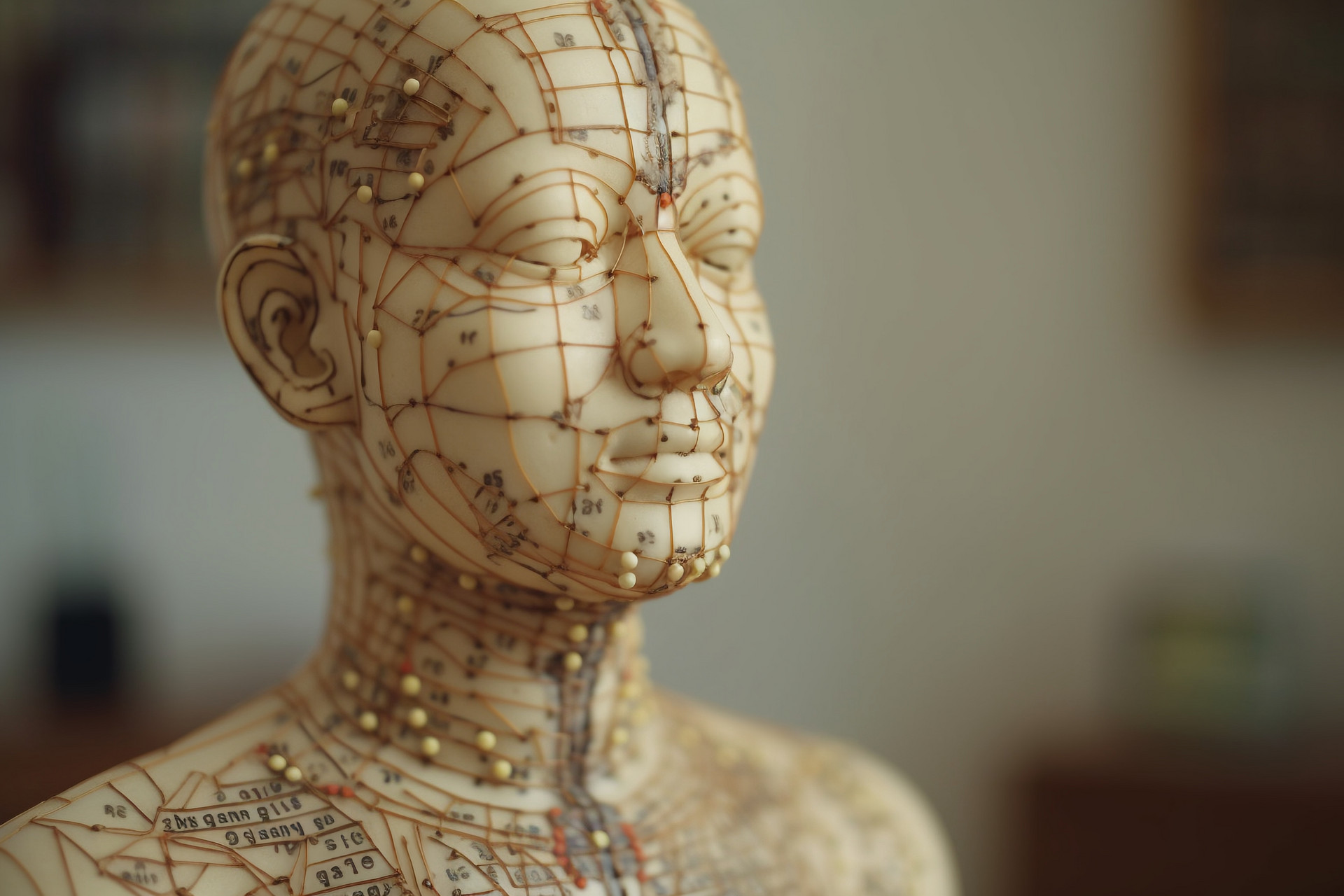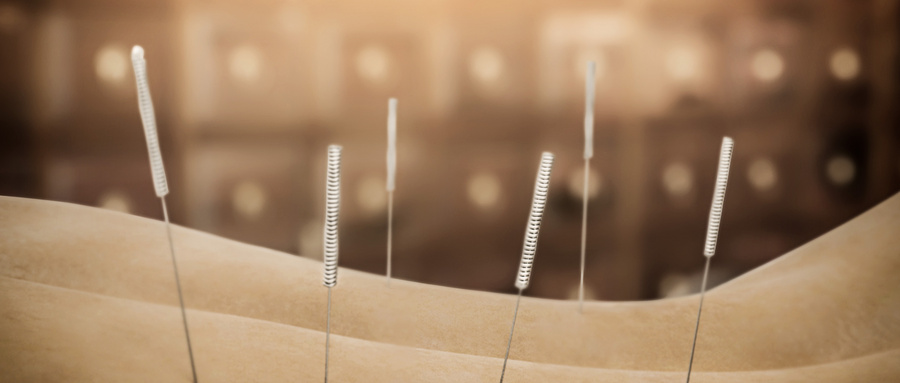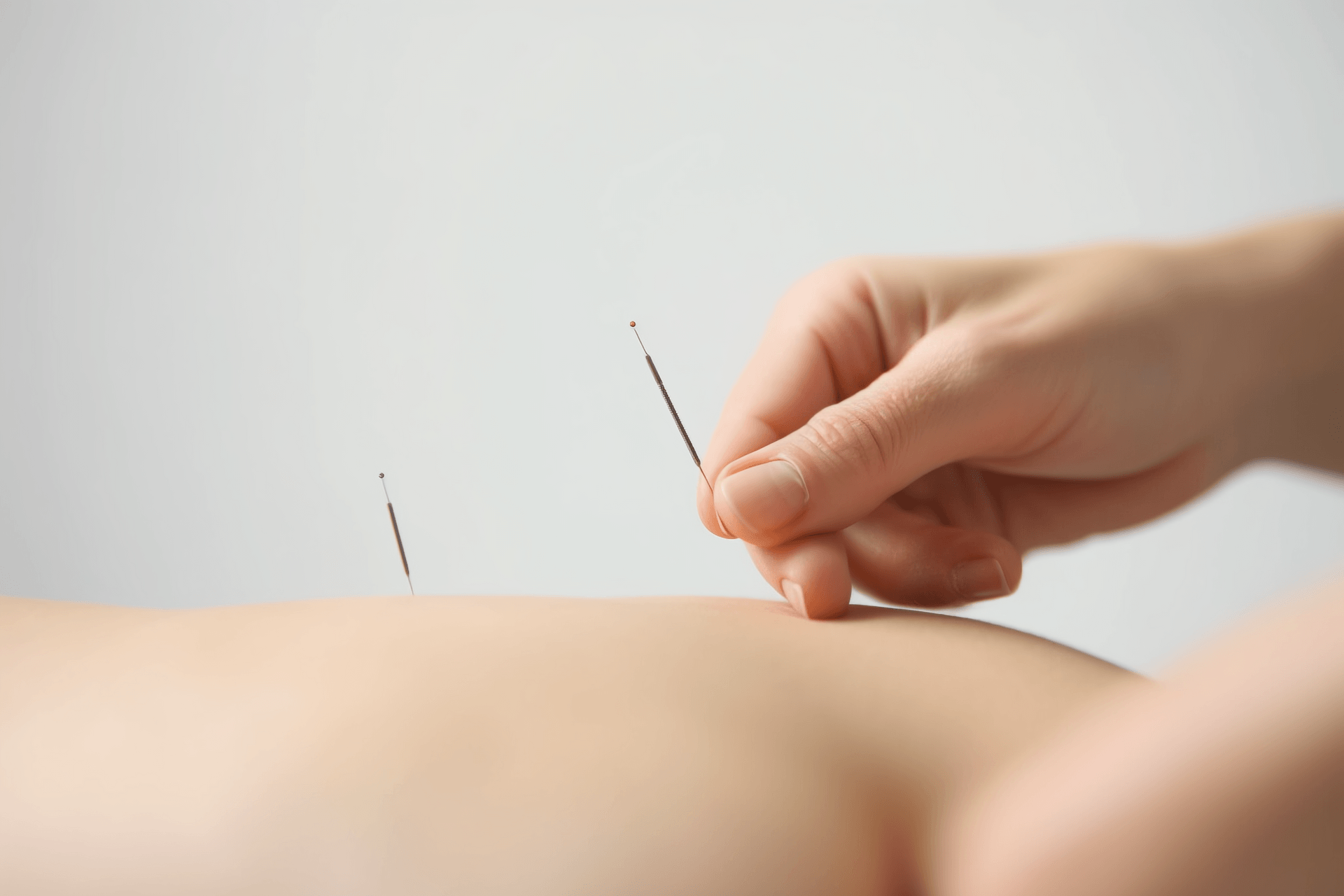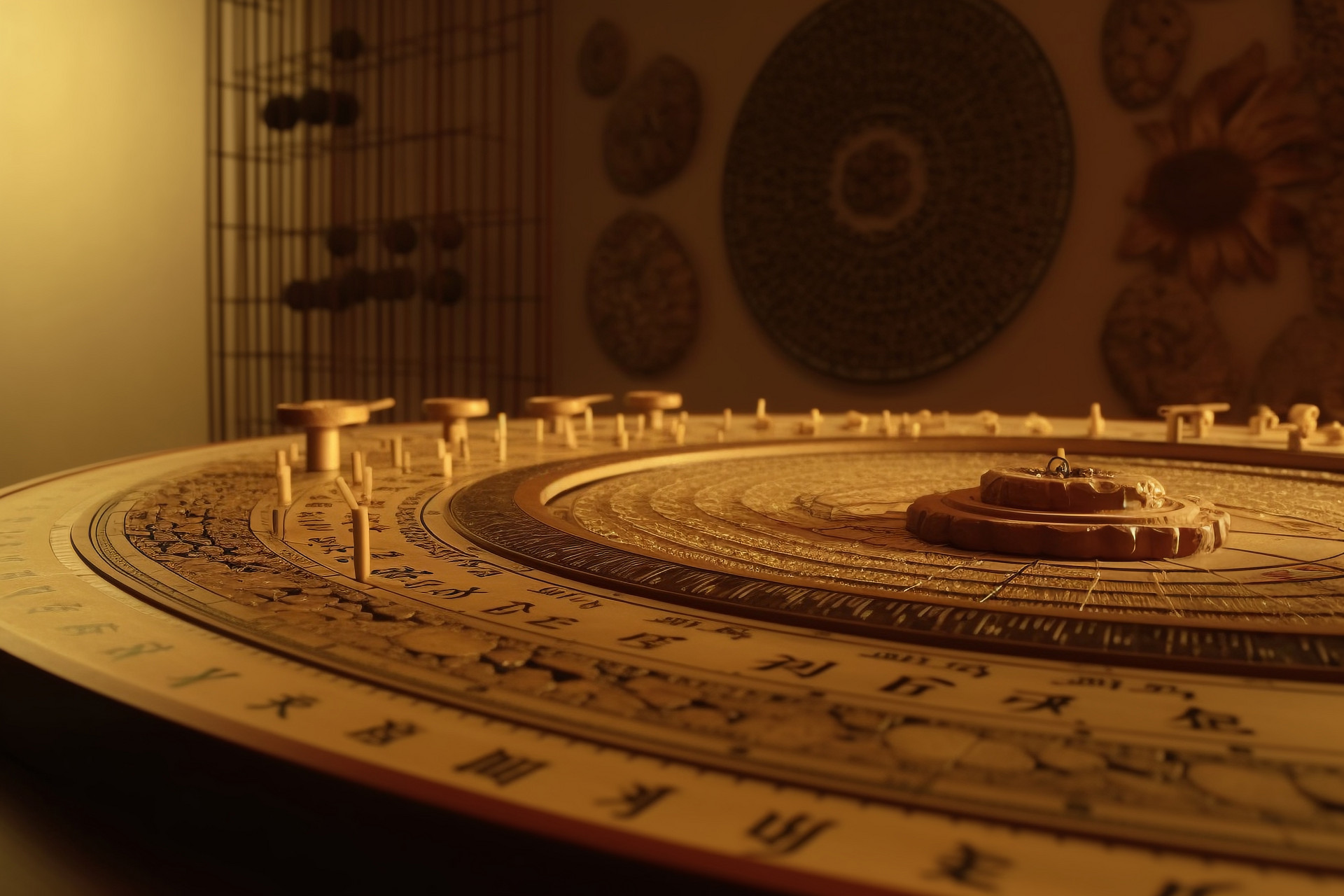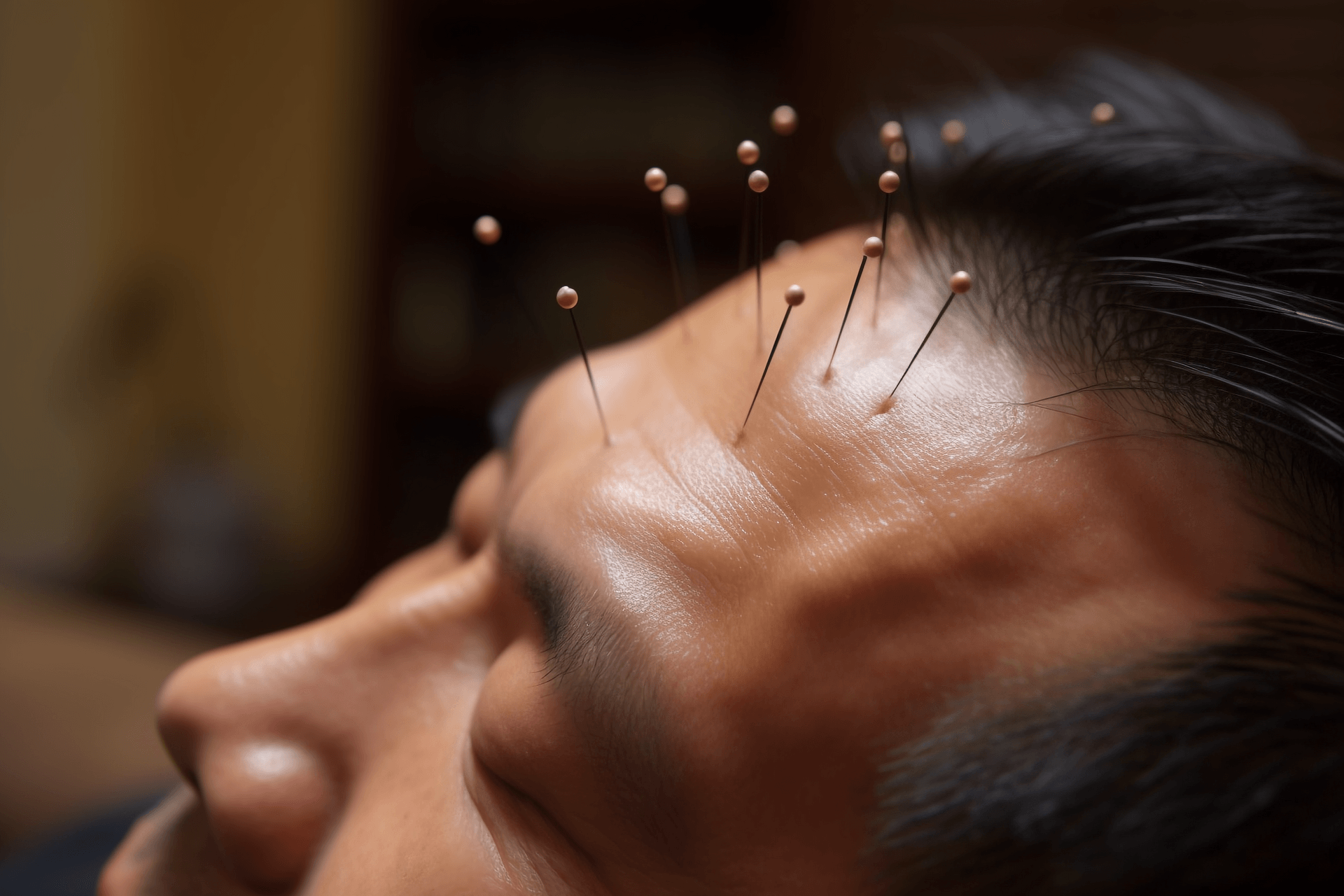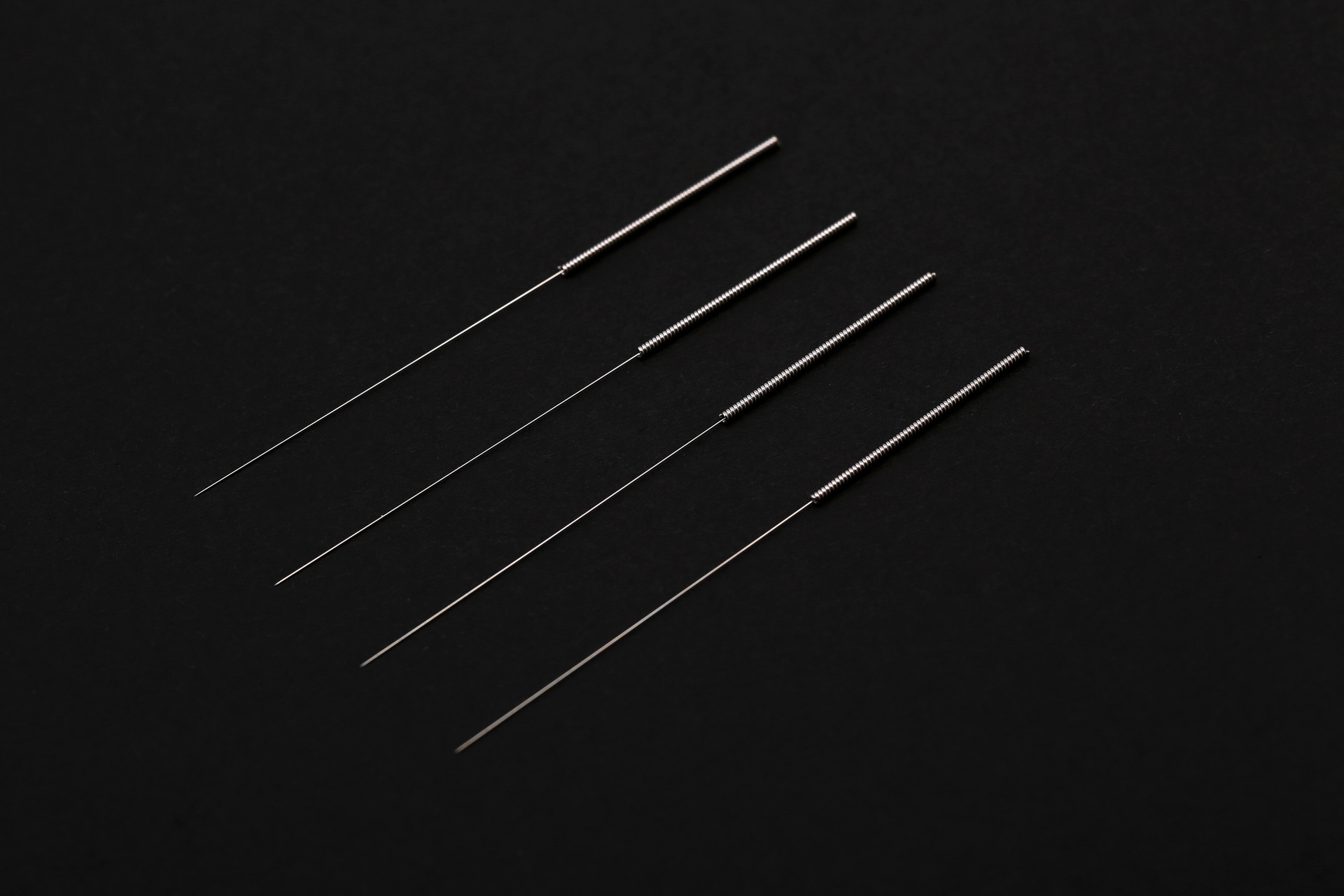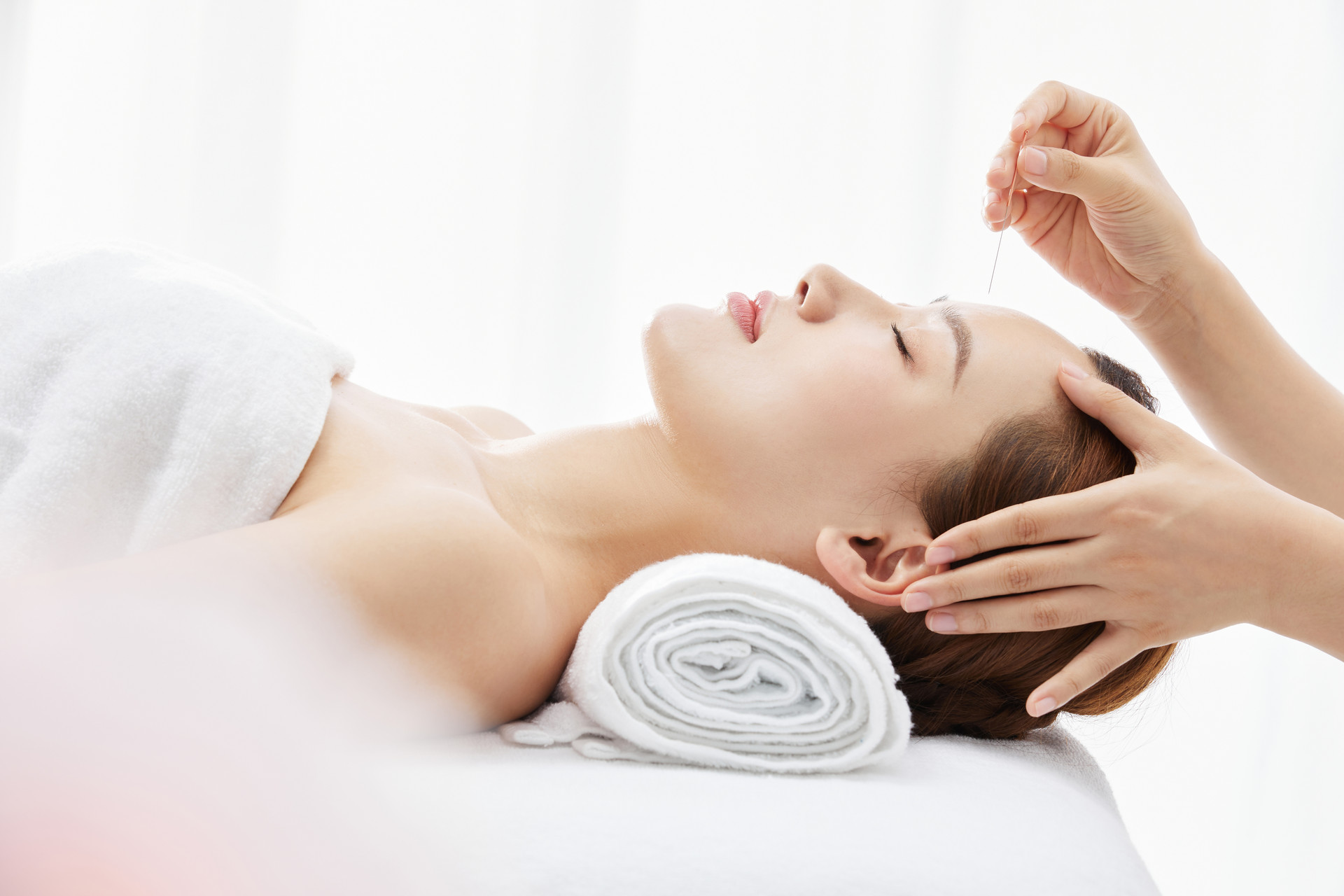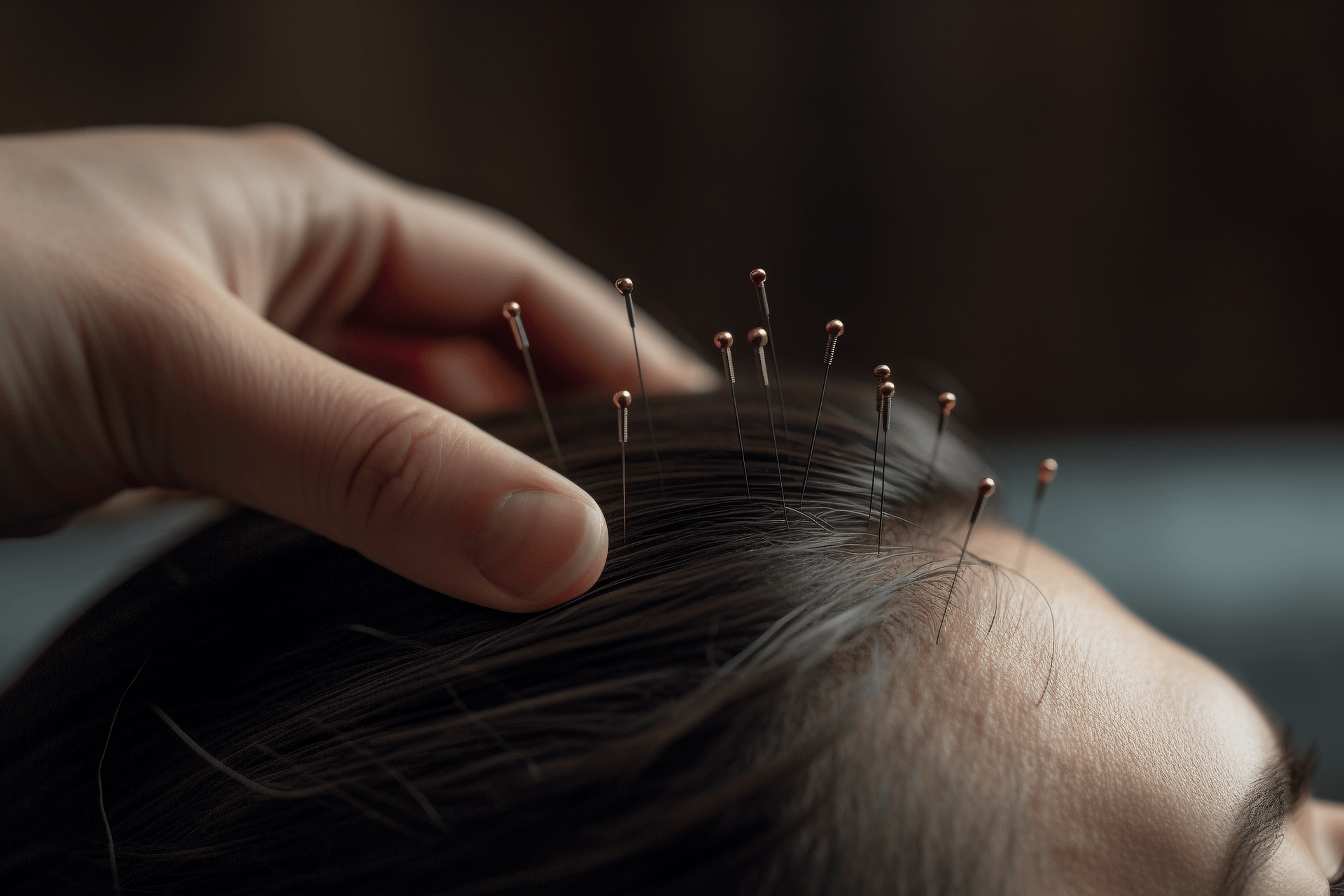Everyone is familiar with menopause, which is common in women. During menopause, women often experience irritability and mood swings. But how can we treat menopausal symptoms? How can we alleviate menopause? Today, I will introduce some methods to relieve menopausal symptoms. Let's take a look at my specific introduction below.
Acupuncture can alleviate menopausal syndrome
Women over 40, especially between the ages of 45 and 55, often experience hot flashes, uncontrollable emotions, palpitations, and other symptoms. These may be menopausal reactions caused by declining ovarian function. Data shows that about 87.5% of women experience these symptoms to varying degrees during menopause, and they are often accompanied by anxiety, depression, insomnia, and other neuro-mental symptoms, collectively known as menopausal syndrome.
Although many women suffer from menopause, many people do not know how to choose a reasonable treatment. "Currently, hormone therapy, such as estrogen replacement therapy, is commonly used domestically and internationally. However, the use of estrogen must have practical needs and indications, and long-term use requires monitoring of liver and kidney function. In addition, some neuro-mental symptoms in menopausal women are actually unrelated to estrogen."
Dr. Wang from the Acupuncture Department of the First Affiliated Hospital of Guangzhou University of Chinese Medicine said in an interview with Life Times, "In fact, traditional Chinese medicine has unique advantages in understanding and treating such diseases, especially acupuncture. Traditional Chinese medicine refers to these symptoms as 'pre- and post-menopausal symptoms' and believes that their occurrence is mostly due to kidney qi deficiency." As early as November 1996, at a World Health Organization conference held in Milan, Italy, 64 acupuncture indications were proposed and published, including depression, insomnia, headaches, and menstrual diseases. It was proven in clinical practice that acupuncture has good effects on improving the overall or local symptoms of menopausal syndrome.
Dr. Wang further added, "Modern clinical and experimental research has proven that acupuncture can produce therapeutic effects by regulating the body's internal environment and autonomic nervous system, involving multiple systems and targets such as the nervous system, endocrine system, and immune system." When treating menopausal syndrome with acupuncture, the advantage lies in the ability to "prescribe treatment according to each individual's physical condition."
For example, some women have a tendency towards yin deficiency and are prone to symptoms such as liver yang hyperactivity and heart-blood deficiency. In addition to menstrual disorders, they often experience dizziness, irritability, hot flashes, night sweats, and insomnia. On the other hand, some women have a tendency towards yang deficiency and kidney yang deficiency, which often leads to symptoms such as spleen yang deficiency and phlegm stagnation. Clinical symptoms may include bloating, poor appetite, loose stools, belching, and fatigue. Therefore, the selection of acupoints and acupuncture methods used in treatment are different, achieving the goal of "prescribing the right medicine for the right person."
There are many acupoints used in the treatment of menopausal syndrome, including Baihui, Yintang, Tongli, Shenmen, Qihai, Guanyuan, Sanyinjiao, and Taixi. Generally, acupuncture is performed once a day or every other day. In addition, acupuncture physicians usually combine other therapies such as ear acupressure pellets, moxibustion, cupping, and acupoint injection with acupuncture. Usually, significant improvements can be seen in 1-2 weeks.
Traditional Chinese medicine refers to these symptoms as 'pre- and post-menopausal symptoms' and believes that their occurrence is mostly due to kidney qi deficiency." As early as November 1996, at a World Health Organization conference held in Milan, Italy, 64 acupuncture indications were proposed and published, including depression, insomnia, headaches, and menstrual diseases. It was proven in clinical practice that acupuncture has good effects on improving the overall or local symptoms of menopausal syndrome.
In the Yellow Emperor's Inner Canon, there is a classic description of human growth and development. Starting from the age of 7, women experience certain leaps in physiology every 7 years. When approaching the "seventy-seventh year," women experience "deficiency in the Ren meridian, decline in the Tai Chong meridian, exhaustion of the Tian Gui, and blockage of the Didaomen." In simpler terms, estrogen levels decrease, menopause begins, and many signs of aging appear. These are all "signs" of menopause.
Conclusion: Through the knowledge of acupuncture treatment for menopause introduced by me, I believe that as long as you read my article carefully, you will have a good understanding of acupuncture treatment for menopause. Acupuncture is simple, convenient, affordable, and has no side effects. Choosing acupuncture for health in this winter will definitely not be wrong.
Further Reading:
Traditional Chinese Medicine Acupuncture Massage for Treating Fatty Liver
The Effectiveness of Acupuncture: A Fast-acting Chinese Bloodletting Therapy
The Effectiveness of Acupuncture: Main Acupoints for Facial Acupuncture
The Principle of Acupuncture for Weight Loss: Breaking the Doubts of Traditional Chinese Medicine Acupuncture Weight Loss
Beauty Knowledge: Acupuncture Beauty from the Inside Out
The Effectiveness of Acupuncture: Acupuncture Promotes Health and Well-being of the Ren Meridian


